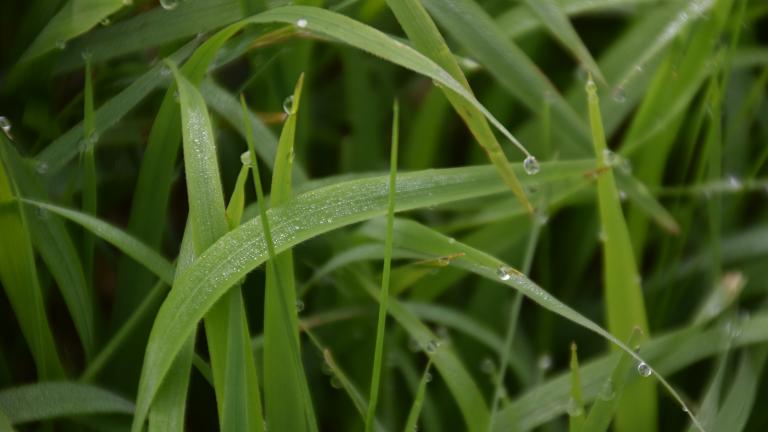
Photo Credit
Researchers are using the lab-friendly grass Brachypodium—a good analog for classic cereal grains—to understand how intermittent drought affects plants at a molecular level. Image: Wikimedia Commons
Almost 700 million people worldwide struggled to get the food they needed in 2019, according to a recent United Nations report. And certain aspects of climate change, such as variable weather patterns and increased levels of carbon dioxide, are likely to create more difficult conditions for crops, making the food security crisis even worse.
“Frankly, the danger has been understated. It’s a really, really big issue that people aren’t talking about enough and certainly aren’t acting on enough,” says David Des Marais, the Walter Henry Gale Career Development Assistant Professor in MIT’s Department of Civil and Environmental Engineering. “To address this, we’re going to have to think bigger about the future of farming.”






